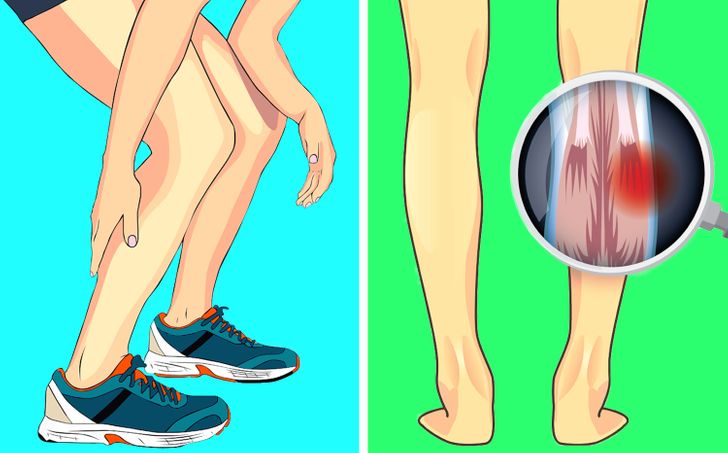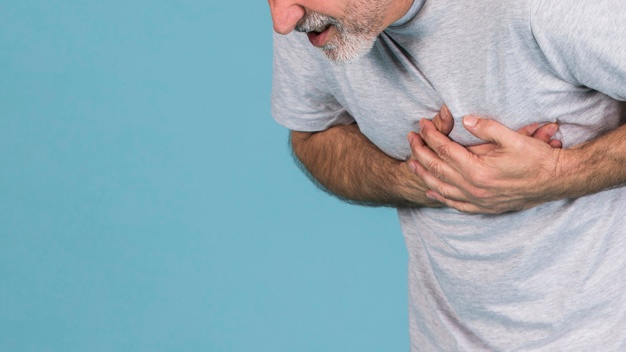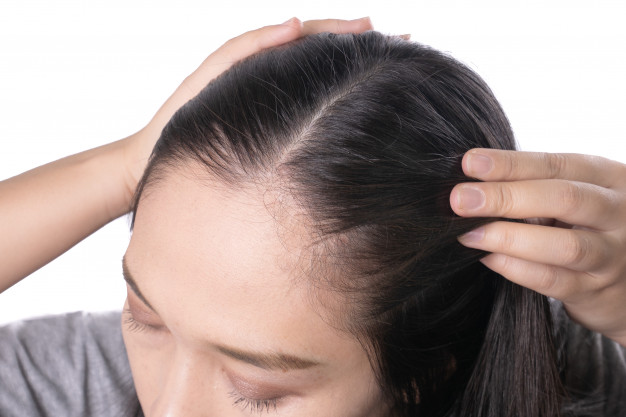Iron is a mineral that plays a vital role in health and well-being. Without it, many bodily functions would not function properly.
“The primary function of iron is to carry oxygen in the blood to all cells in the body,” says Bethany Thayer, RDN, MS, director of the Henry Ford Health Center for Health Promotion and Disease Prevention in Detroit.
Iron is an important component of hemoglobin, the protein in red blood cells that carries oxygen from the lungs and carries it throughout the body.
If your body does not have enough iron, it will not be able to make healthy red blood cells that carry oxygen. Iron deficiency can cause anemia, which means you have too little hemoglobin.
Women in their childbearing year are at increased risk of iron deficiency due to blood loss during menstruation. According to the Centers for Disease Control and Prevention, the recommended daily iron intake for most women ages 19 to 50 is 18 milligrams (mg).
Pregnant women should consume 27 mg a day. Adult men, on the other hand, only need about 8 mg of iron per day. We did some research on the symptoms of low iron levels in order to inform you and enable you to check them for yourself.
Iron Deficiency Symptoms
7. Extreme Fatigue and Exhaustion

Fatigue is one of the most common signs of iron deficiency because it means your body has trouble getting oxygen to your cells, so it’s affecting your energy levels,” Thayer says.
People who lack enough iron in their blood often feel sluggish, weak, and unable to concentrate. Although fatigue can be a sign of many illnesses, if it doesn’t go away with adequate rest, consider monitoring your iron levels.
6. Frequent Infections
Frequent Infections Iron plays a key role in a healthy immune system, so lower levels of the mineral can make someone more susceptible to infections. “Red blood cells help carry oxygen to the spleen, a place where infection can be fought,” says Dr. Murr.
Red blood cells also carry oxygen to the lymph nodes, which are home to white blood cells that fight infection.
“When someone has an iron deficiency, the white blood cells are not produced as well and they are not as strong because they do not receive enough oxygen, which makes that person more susceptible to infections,” She says.
5. Pale Skin

Hemoglobin gives skin its pinkish color, so low levels make the skin lighter.
“When red blood cells are low on iron, they become smaller and paler in the center, so the skin is also paler,” says Murr.
This may be easier to detect in people with lighter skin, but regardless of their skin tone, if the area inside the lower eyelid is lighter than normal, it could be a sign of iron deficiency.
4. Swollen Tongue

Changes in the tongue, including pain or swelling, can be a sign of iron deficiency. Cracks on the sides of the mouth are also common among people with iron deficiency.
3. Restless Legs Syndrome

Some people with iron deficiency develop restless leg syndrome, a disorder that causes them to have a strong urge to move their legs.
The urge usually comes with an unpleasant crawling sensation in the legs that can make sleep difficult.
2. Shortness of Breath/Chest Pain

Shortness of breath or chest pain, especially with activity, is another symptom of iron deficiency.
Because hemoglobin is limited in red blood cells, the oxygen that is distributed to the rest of the body is limited, so our body tries to compensate and produce more oxygen for our organs to function properly, resulting in shorter breathing.
1. Hair Loss

Iron deficiency, especially when it becomes anemia, can lead to hair loss. “When the hair follicles don’t get enough oxygen, they go into a resting stage and the hair falls out and doesn’t grow back until the anemia improves,” says Murr.
It is normal to lose about 100 hairs a day. However, if you notice that hair loss is excessive and does not grow back, this may be a sign of iron deficiency.
If you have these symptoms and think you may be iron deficient, talk to your doctor. It can help you uncover the root cause of your iron deficiency, find ways to include more iron-rich foods in your diet, and determine if you need to take iron supplements.
Have you noticed any of the above symptoms? Have you ever been tested for iron deficiency? Share your experience in the comments and let others know too!









Leave a Reply